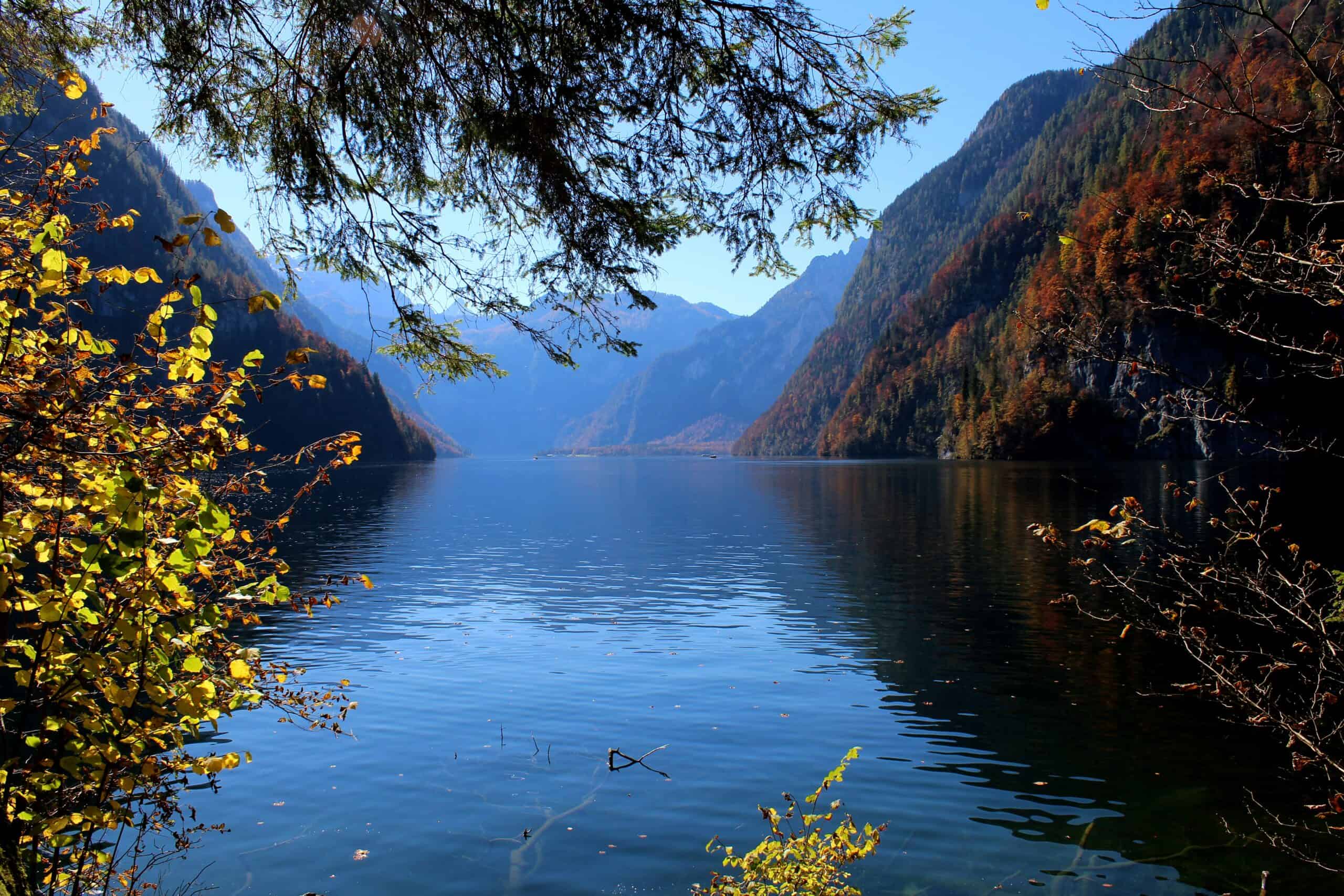Our Alpine master class series answers this question. This time, we asked Nico Salmaso, the lead partner of Eco-AlpsWater, what made the success of the project.
The project partners of Eco-AlpsWater focused on inland waters as one of the most precious natural resources on Earth. The project aimed to improve the traditional monitoring approaches to detect changes in inland waters. By using advanced DNA sequencing techniques such as metabarcoding, Eco-AlpsWater made use of Next Generation Sequencing to analyse environmental DNA in waterbodies. This technique allows for rapid and improved species identification at low costs as well as an automation in data processing, data storage and information retrieval.
The project’s lead partner Nico Salmaso told us what made the success of Eco-AlpsWater: “Interreg projects are collaborative projects and the mutual and equal contributions from academic and non-academic sectors are essential elements that contributed to their success and incisiveness of achievements on society and economy. The Eco-AlpsWater consortium was composed by five scientific institutions and seven government bodies from six different countries. Further, over 30 observers contributed to the project and this collaboration allowed to produce one of the most extensive surveys of lake and river biodiversity in the entire Alpine region. Therefore, contributing to the identification of new aquatic species never detected before and therefore contributing to a better characterization on water quality.”
Follow this link to watch the full interview: https://youtu.be/UCLmttfbr0k
To find out more about Eco-AlpsWater, visit their project page: https://bit.ly/3ihBlt0



